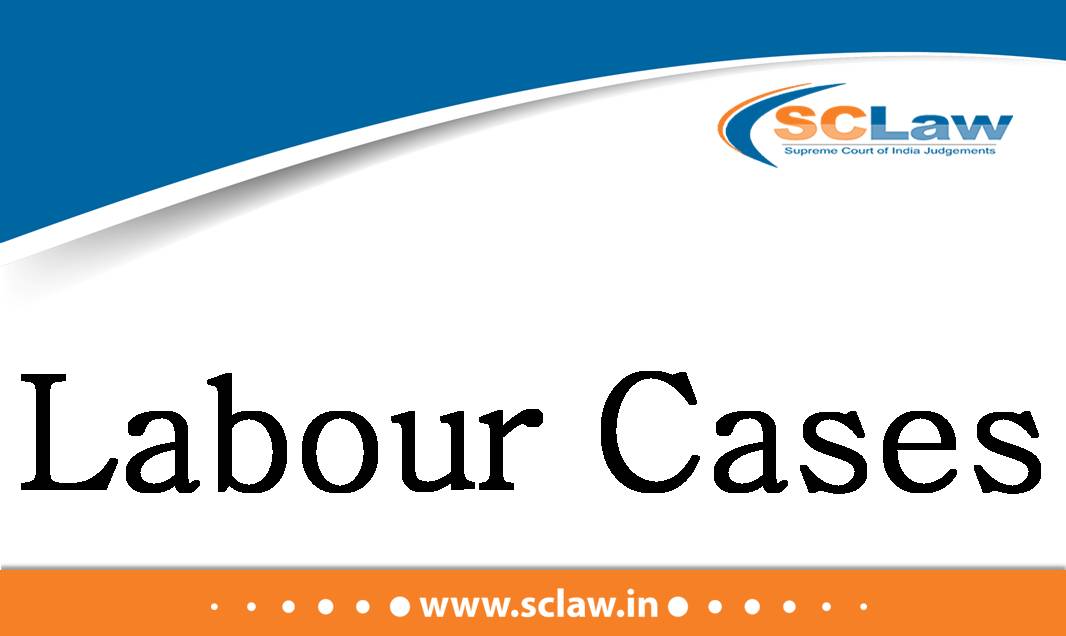Industrial Disputes Act, 1947 — Section 33(1) — Requirement for employer to seek permission before altering service conditions or stopping work of workmen during pendency of dispute — Failure to do so constitutes a breach of the Act.
SUPREME COURT OF INDIA DIVISION BENCH M/S PREMIUM TRANSMISSION PRIVATE LIMITED Vs. KISHAN SUBHASH RATHOD AND OTHERS ( Before : Pankaj Mithal and S.V.N. Bhatti, JJ. ) Civil Appeal No.…


